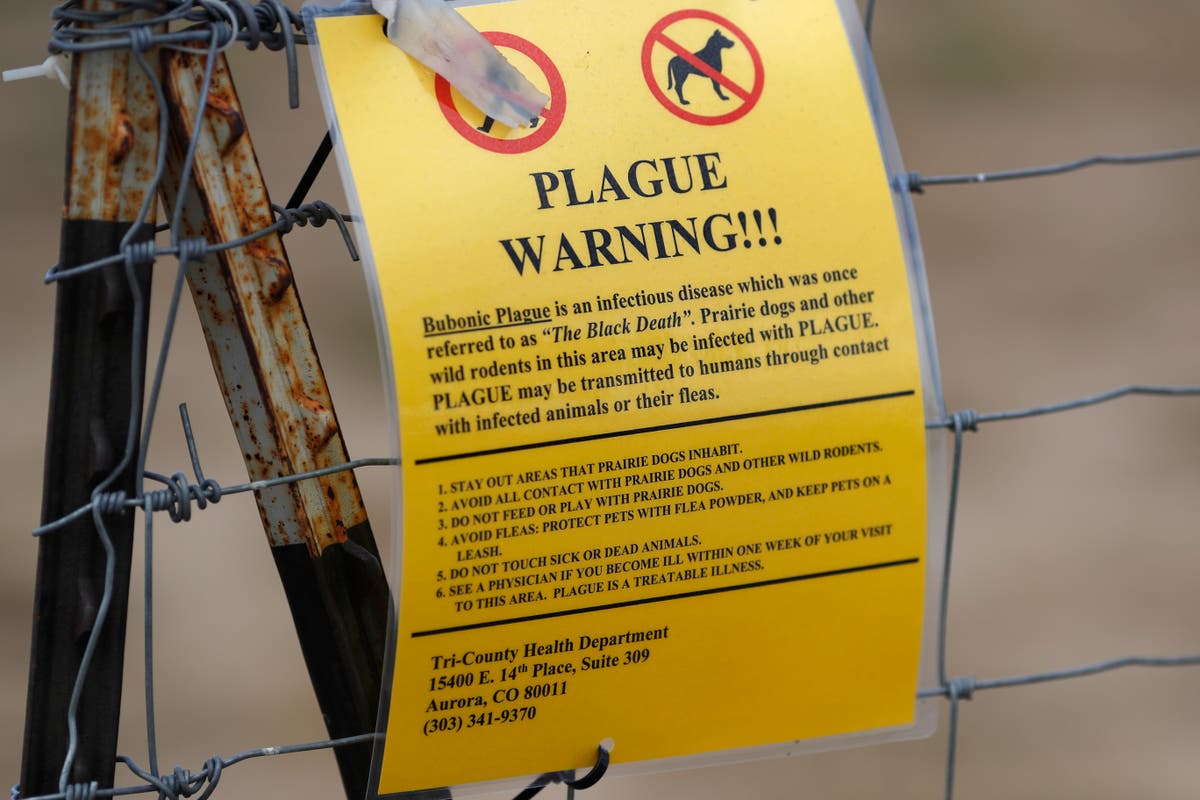Public health officials in Colorado have confirmed that a human has tested positive for the plague, a rare but potentially deadly infectious disease that’s typically spread through flea bites.
The infected individual is from Pueblo County, according to the Pueblo Department of Public Health and Environment.
While the plague conjures nightmares of flea-infested rats and dreary medieval villages filled with the dead and dying, in the modern day things aren’t so grim.



In that area, the prairie dog colonies are rife with the plague.
kagis
Huh.
Apparently we – at least in some places – actually try to treat wild prairie dog colonies for it, to help reduce spread. In 2019:
https://www.smithsonianmag.com/smart-news/plague-infected-prairie-dogs-close-parks-near-denver-180972937/